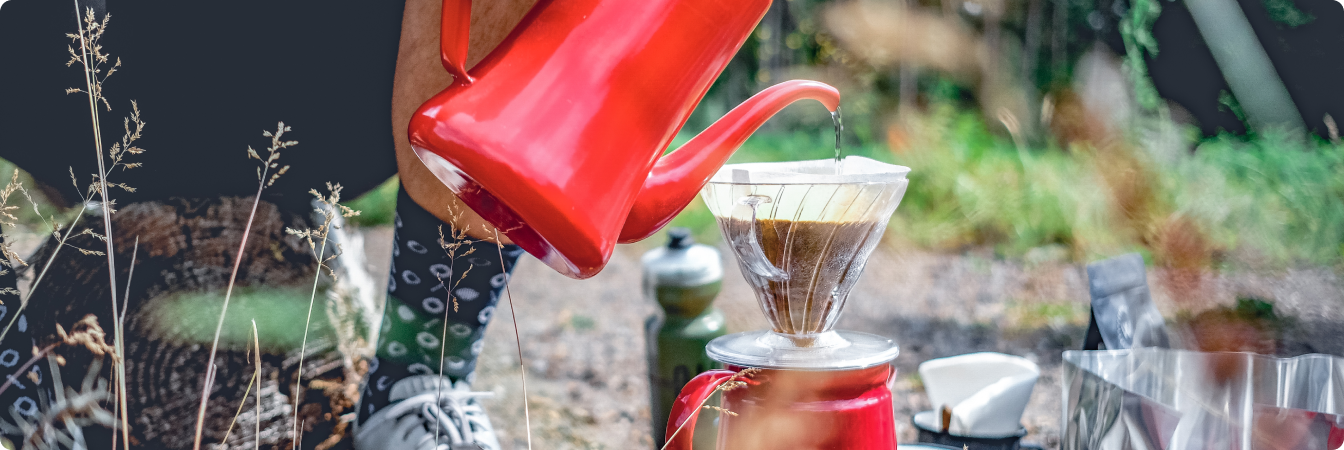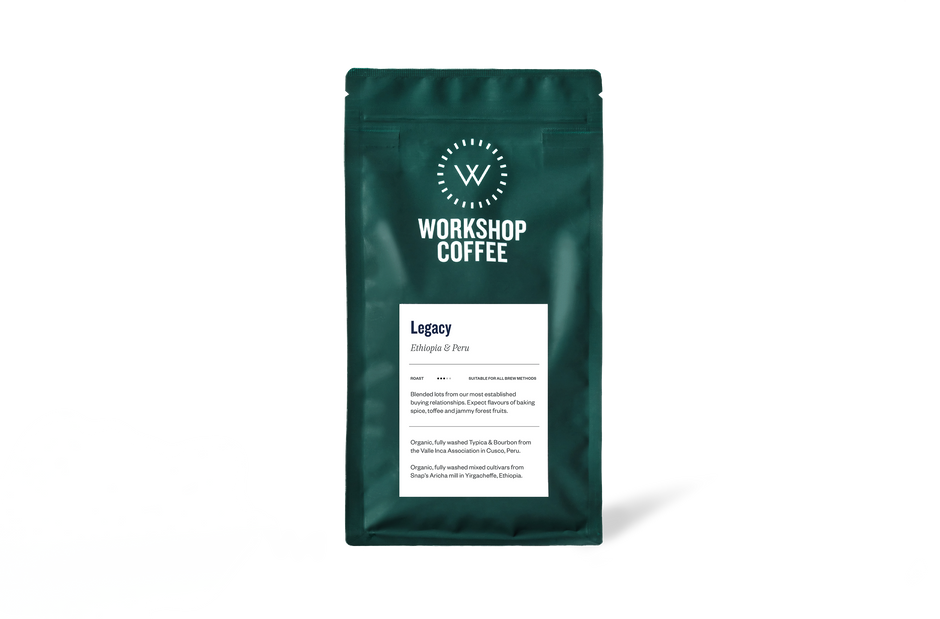Energising encounters
Stories that fuel our community.

Beyond the Barista.
Coffee lovers in the UK are a lucky bunch. A recent upswell in the appreciation of great coffee, all around the country, means that there’s never been a better time...
Beyond the Barista.
Coffee lovers in the UK are a lucky bunch. A recent upswell in the appreciation of great coffee, all around the country, means that there’s never been a better time...
Read more
Read more
Fresh Crops: Two New Colombias Are In.
In November last year, during a trip to the Huila region of Colombia, a pair of coffees jumped out at us from the cupping table. Ticking all the boxes that...
Fresh Crops: Two New Colombias Are In.
In November last year, during a trip to the Huila region of Colombia, a pair of coffees jumped out at us from the cupping table. Ticking all the boxes that...
Read more
A Groundbreaking Revelation: Sitio Canaa #351, ...
Just as there's many ways to skin a cat, there's a number of ways to turn a ripe coffee cherry into the dried seed that we know as a raw...
A Groundbreaking Revelation: Sitio Canaa #351, ...
Just as there's many ways to skin a cat, there's a number of ways to turn a ripe coffee cherry into the dried seed that we know as a raw...
Read more
Fresh Crops: Cult of Done Espresso v.15
Where does the time go? It seems like only yesterday we were unveiling our very first iteration of our Cult of Done Espresso, and yet here we are today, releasing...
Fresh Crops: Cult of Done Espresso v.15
Where does the time go? It seems like only yesterday we were unveiling our very first iteration of our Cult of Done Espresso, and yet here we are today, releasing...
Read more
Fresh Crops: Finca Tamana, Colombia
Elias Roa is very proud of his farm, Finca Tamana, and rightly so. A combination of his hard work and Tim Wendelboe’s ideas, has seen the quality of...
Fresh Crops: Finca Tamana, Colombia
Elias Roa is very proud of his farm, Finca Tamana, and rightly so. A combination of his hard work and Tim Wendelboe’s ideas, has seen the quality of...
Read more
Fresh Crops: Yukro Espresso, Ethiopia
And as surely as you've been enjoying our latest coffee -- Yukro, Ethiopia -- we're confident you're going to love its counterpart/rival; Yukro Espresso, Ethiopia. It's a different...
Fresh Crops: Yukro Espresso, Ethiopia
And as surely as you've been enjoying our latest coffee -- Yukro, Ethiopia -- we're confident you're going to love its counterpart/rival; Yukro Espresso, Ethiopia. It's a different...
Read more
Fresh Crops: Yukro, Jimma, Western Ethiopia
As one coffee comes to an end in the frankly delicious Olke Bire another is added to the line up to fill the gap. Again an Ethiopian but this time...
Fresh Crops: Yukro, Jimma, Western Ethiopia
As one coffee comes to an end in the frankly delicious Olke Bire another is added to the line up to fill the gap. Again an Ethiopian but this time...
Read more
Fresh Crops: Kabingara AA and Cult of Done v. 14
We’re very pleased to introduce a couple of new coffee offerings to the range. First up, the Kabingara AA from Kiringaya, Kenya. This coffee was harvested in December 2012 and...
Fresh Crops: Kabingara AA and Cult of Done v. 14
We’re very pleased to introduce a couple of new coffee offerings to the range. First up, the Kabingara AA from Kiringaya, Kenya. This coffee was harvested in December 2012 and...
Read more
Read more
Fresh Crops: Santa Clara Espresso, Guatemala
After a hiatus of some months, we're back into production of a single origin espresso to run alongside our Cult of Done Espresso, and this time out it's a filter/espresso crossover:...
Fresh Crops: Santa Clara Espresso, Guatemala
After a hiatus of some months, we're back into production of a single origin espresso to run alongside our Cult of Done Espresso, and this time out it's a filter/espresso crossover:...
Read more
Fresh Crops: Cult of Done Espresso -- Lucky 13
Our espresso blend, Cult of Done, is one that continues to develop and change, as seasons come and go, and fresh harvests arrive in Europe. It’s an espresso that constantly...
Fresh Crops: Cult of Done Espresso -- Lucky 13
Our espresso blend, Cult of Done, is one that continues to develop and change, as seasons come and go, and fresh harvests arrive in Europe. It’s an espresso that constantly...
Read more
Cult of Done Espresso - Lucky 13
Winging its way out to our Wholesale Partners over the next few days... preview samples of Cult of Done Espresso - Lucky 13. We're not saying what's in it just yet (how...
Cult of Done Espresso - Lucky 13
Winging its way out to our Wholesale Partners over the next few days... preview samples of Cult of Done Espresso - Lucky 13. We're not saying what's in it just yet (how...
Read more
Fresh Crops: Olke Bire, Ethiopia
While we take great pride in all the coffees that we bring into our range, and share with our customers, Olke Bire, Ethiopia is certainly a special one, and a...
Fresh Crops: Olke Bire, Ethiopia
While we take great pride in all the coffees that we bring into our range, and share with our customers, Olke Bire, Ethiopia is certainly a special one, and a...
Read more
Fresh Crops: Gichathaini AA
Another coffee that we're very proud to be showcasing this year, and one that is really standing out on cupping tables and domestic kitchen benches alike, is the Gichathaini AA, Kenya....
Fresh Crops: Gichathaini AA
Another coffee that we're very proud to be showcasing this year, and one that is really standing out on cupping tables and domestic kitchen benches alike, is the Gichathaini AA, Kenya....
Read more
Fresh Crops: Thunguri AA
This is a coffee we're really excited about. Over the last couple of months, we've spent a good amount of time in Africa, travelling between Kenya, Ethiopia and Rwanda visiting...
Fresh Crops: Thunguri AA
This is a coffee we're really excited about. Over the last couple of months, we've spent a good amount of time in Africa, travelling between Kenya, Ethiopia and Rwanda visiting...
Read more
Untapped potential
Have you tried:
Untapped potential
Have you tried:

Subscribe to our newsletter
More energising updates
Join our collaborative coffee community and enjoy important news and exclusive offers.




